The law stipulates that investors of commercial housing projects must reserve 20% of their land fund or arrange other land funds for social housing, or pay in cash. However, Ho Chi Minh City is still considering developing criteria for implementation.
The law stipulates that investors of commercial housing projects must reserve 20% of their land fund or arrange other land funds for social housing, or pay in cash. However, Ho Chi Minh City is still considering developing criteria for implementation.
After many changes in the policy on regulating land funds for social housing development in commercial projects, the 2023 Housing Law stipulates that the Provincial People's Committee must allocate sufficient land funds for social housing development according to the needs stated in the housing development program and plan, including: land funds for developing independent social housing; land funds for building social housing in commercial housing projects.
The Law also stipulates that investors in commercial housing construction investment projects must reserve a portion of residential land in the project or arrange land funds in other locations, or pay money equivalent to the value of the land funds invested in building technical infrastructure systems to build social housing...
Decree No. 100/2024 on the development and management of social housing has specified the area for performing obligations as 20% of the total land area of commercial housing projects. The decision on one of the three forms above is considered by the Provincial People's Committee.
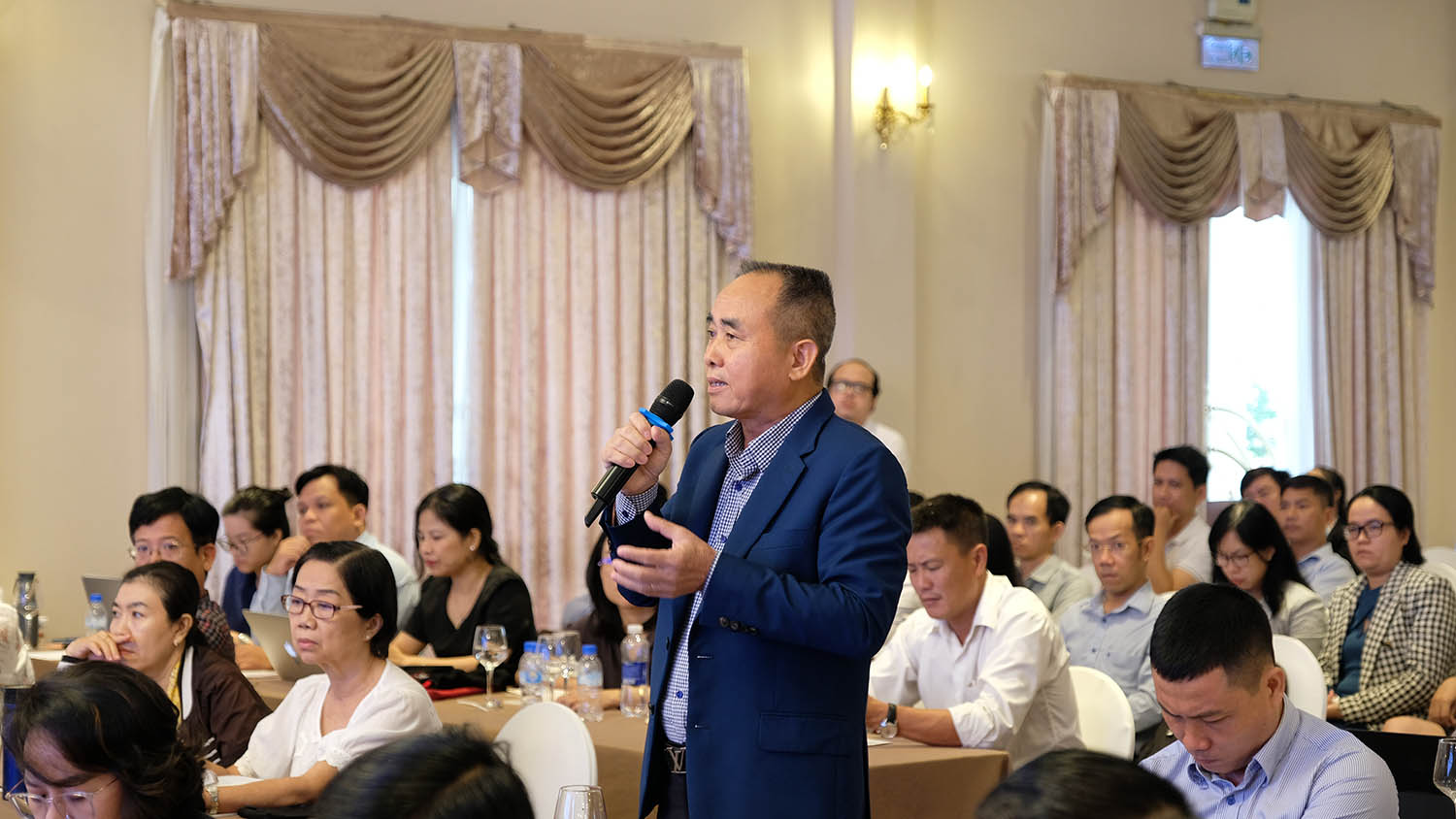 |
| The 253rd Dialogue Conference between Enterprises and Ho Chi Minh City Government organized by ITPC and the Department of Construction. Photo: Trong Tin. |
“Current regulations are much more flexible, especially Decree No. 100/2024 which no longer stipulates that commercial housing projects must reserve land for social housing development,” said Mr. Nguyen Van Doi, General Director of Saigon 9 Company at the 253rd Dialogue Conference between Enterprises and the Ho Chi Minh City Government organized by ITPC and the Department of Construction on November 15.
However, he said commercial housing projects in Ho Chi Minh City are still stuck in the issue of allocating land for social housing development.
Mr. Doi said he understood that the City was trying to develop criteria to guide businesses in choosing one of three forms of social housing obligations. He and other businesses were also waiting for the City People's Committee to issue the criteria.
At the conference, Mr. Doi proposed a solution: instead of allocating 20% of the land fund for social housing, businesses will pay in cash. Ho Chi Minh City will then invest in a large enough land fund of 200-300 hectares in the suburbs to implement it. Because, on some central routes, if based on the newly issued adjusted land price list, the cost of social housing will be very high.
According to his calculation, if social housing is built on Dong Khoi Street, District 1 (land price list 763.6 million VND/m2), the cost of social housing will be around 276 - 386 million VND/m2. Or the lowest is on Rung Sac Street, Can Gio District (land price list 20.9 million VND/m2), the price of social housing will also fall around 45 - 70 million VND/m2.
“In Thu Duc City, when the Van Phuc City project handed over land for social housing, the leaders of Thu Duc City said that even if they received a small amount of that area, it would only freeze, which would create a blood clot because it would be impossible to develop social housing. Because the state land price for this project is 73 million VND, while the market price is more than 100 million VND,” he said.
 |
| Mr. Nguyen Van Doi, General Director of Saigon 9 Company, made a recommendation at the Conference. Photo: Trong Tin. |
Therefore, according to Mr. Doi, if flexible, Ho Chi Minh City should choose cheap land locations. Enterprises are ready to pay the budget to implement the land fund immediately.
In response, Mr. Huynh Thanh Khiet, Deputy Director of the Department of Construction of Ho Chi Minh City, said that the current issue of exchanging land or exchanging equivalent value in money is a difficult story and currently the sectors are discussing it with each other.
“For example, if you change from location A to location B, is it the land value or the land area? These are two different things and are currently very tense. The city has also seen the problem and is building regulations for implementation,” said Mr. Khiet.
According to a previous report by the Ho Chi Minh City Real Estate Association (HoREA), since the regulations on the implementation of social housing construction obligations of commercial housing project investors have come into effect, HoREA has found that there are many urban area and commercial housing projects with scales of up to tens or hundreds of hectares, but there is almost no sign of social housing in the project.
Specifically, in the period from July 1, 2015 to March 31, 2021, according to the provisions of Decree 100/2015 of the Government, commercial housing projects with an area of 10 hectares or more are required to build social housing on 20% of the land fund of that project.
For commercial housing projects with an area of less than 10 hectares, investors are allowed to build social housing on 20% of the project's residential land fund, or exchange the social housing land fund in another location, or pay in cash equivalent to the value of the 20% residential land fund of the commercial housing project.
However, HoREA found that most investors requested to be paid in cash equivalent to the value of the 20% land fund and there has not been any case of exchanging social housing land fund in another location equivalent to the value of the 20% land fund.
From April 1, 2021 to July 31, 2024, according to the provisions of Decree 49/2021 of the Government, commercial housing projects with an area of 2 hectares or more are required to build social housing on 20% of the land fund of that project. However, HoREA has not seen any commercial housing projects building social housing in these projects.
As for commercial housing projects with an area of less than 2 hectares, investors do not have to reserve 20% of the land fund, but only have to pay land use fees for the entire land area of the project.
Source: https://baodautu.vn/batdongsan/tphcm-can-nao-voi-quy-dat-20-lam-nha-o-xa-hoi-d230158.html


![[Photo] Looking back at the impressive moments of the Vietnamese rescue team in Myanmar](https://vstatic.vietnam.vn/vietnam/resource/IMAGE/2025/4/11/5623ca902a934e19b604c718265249d0)


![[Photo] "Beauties" participate in the parade rehearsal at Bien Hoa airport](https://vstatic.vietnam.vn/vietnam/resource/IMAGE/2025/4/11/155502af3384431e918de0e2e585d13a)


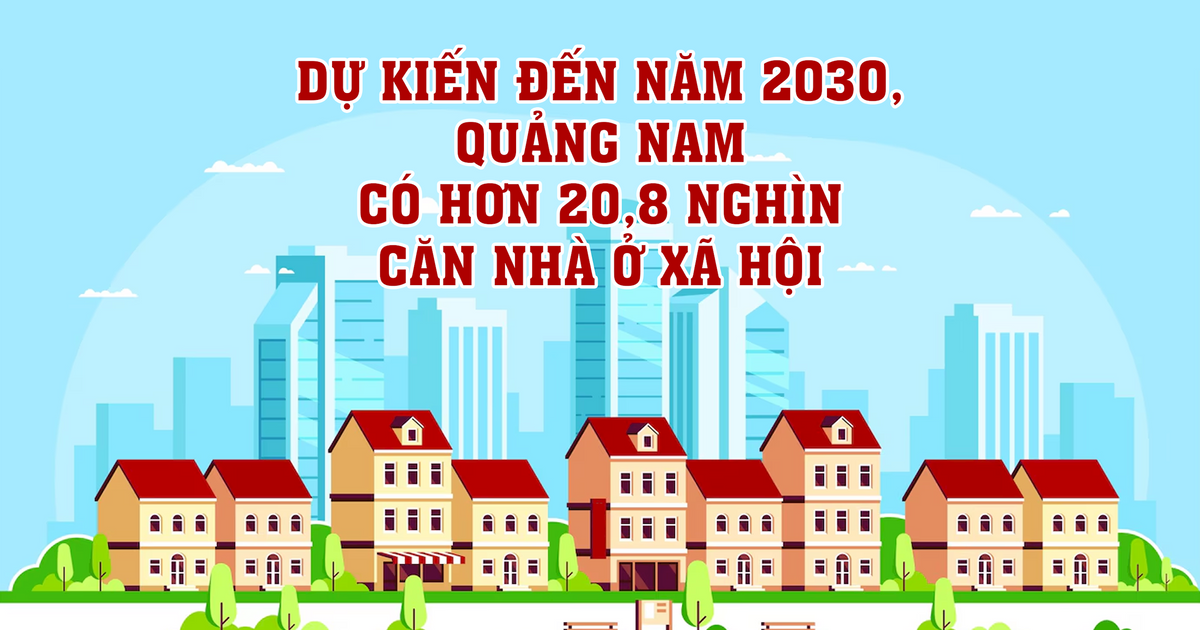

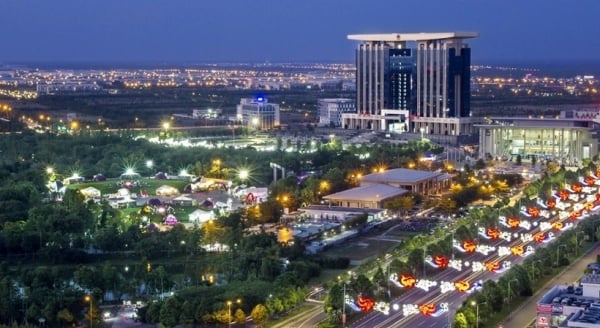

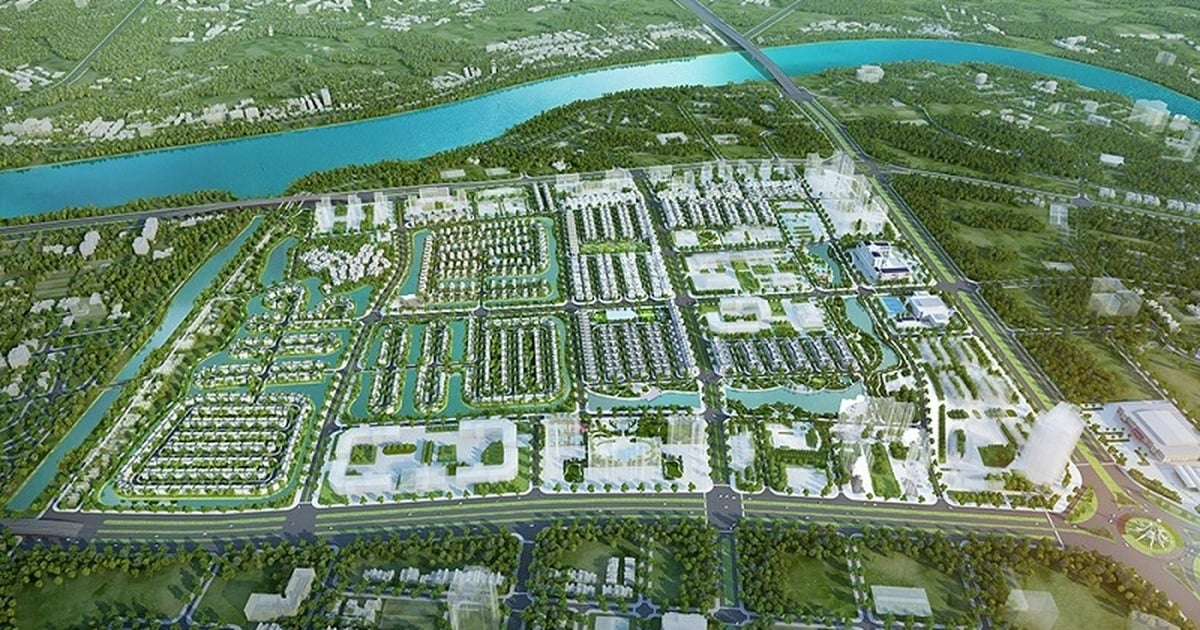

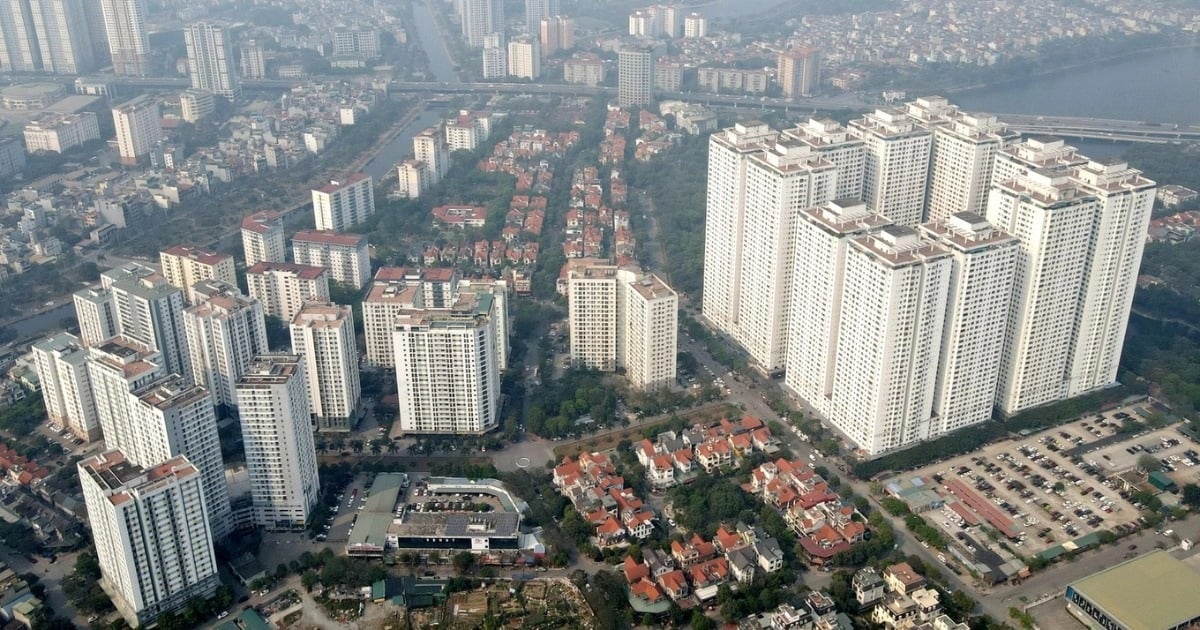
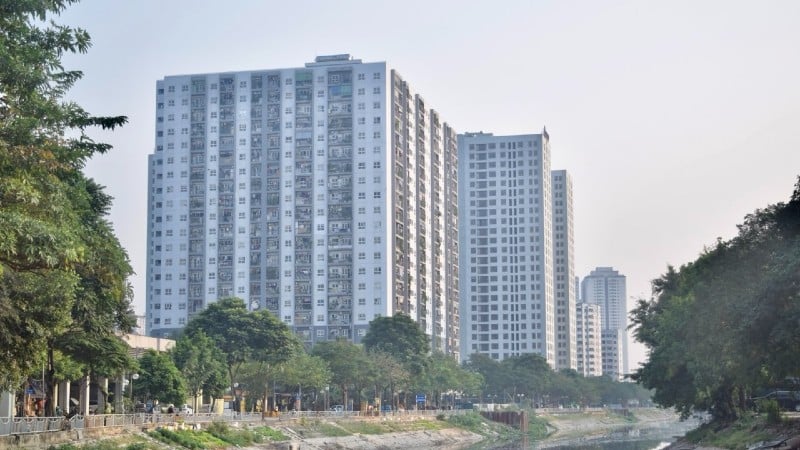
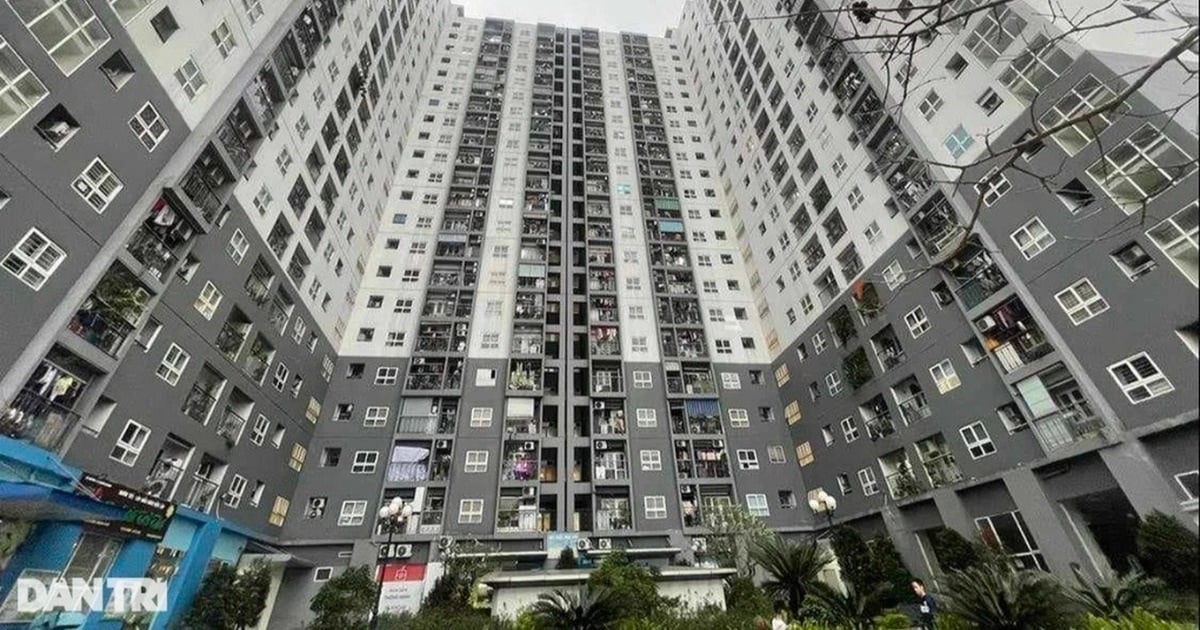

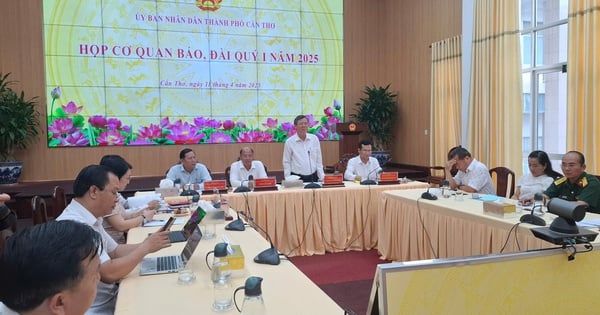
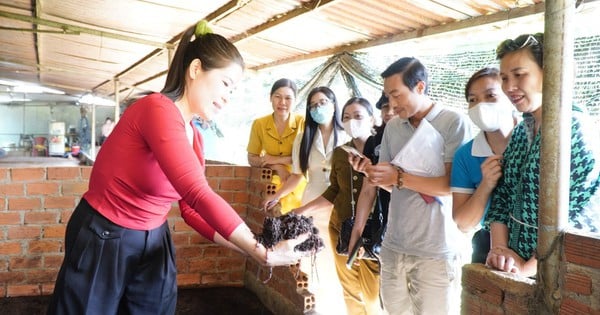





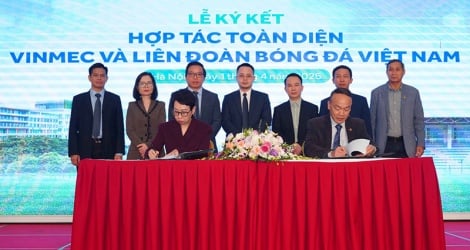



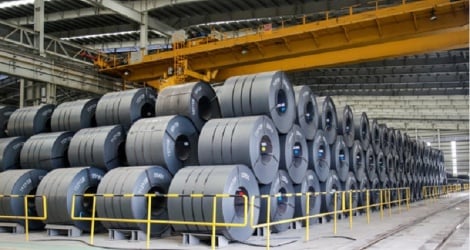
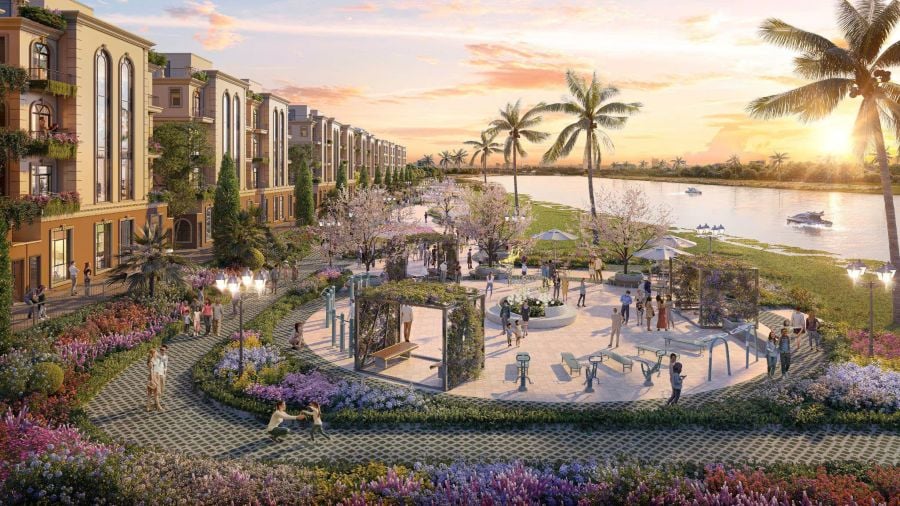

![[Photo] Summary of parade practice in preparation for the April 30th celebration](https://vstatic.vietnam.vn/vietnam/resource/IMAGE/2025/4/11/78cfee0f2cc045b387ff1a4362b5950f)










































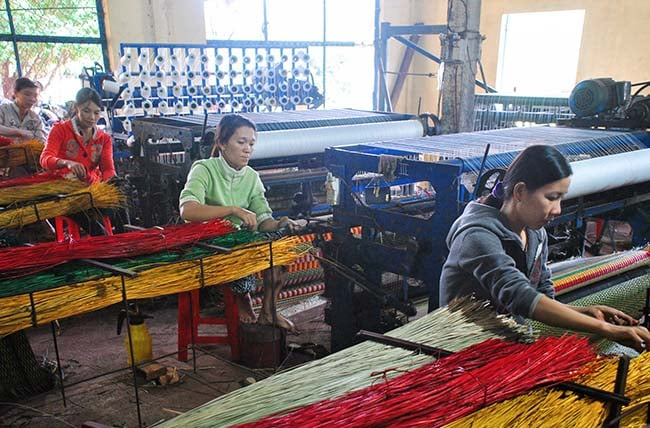















Comment (0)